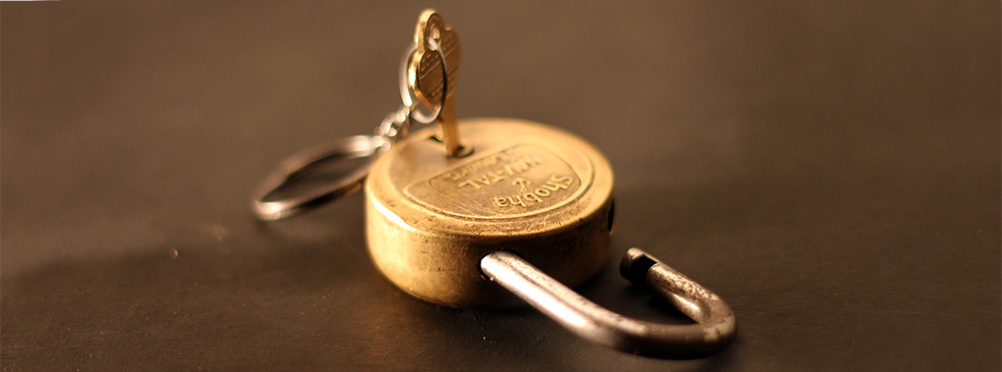Move Your BTC First Before Claiming Forked Coins and Airdrops
Risks

Not that we mean to scare you, but if you are going to go ahead and roll up your sleeves to follow our set of guides for getting at your forked coin value, you will be using your private keys. Whenever you need to use your private keys you should recognize that there's a risk that something could go wrong, and the results could be that they become revealled to a 3rd party (via Malware or other detection software) or performing a human error and sending coins out to the wrong address where they cannot be recovered.
Tools

You are going to be using some sophisticated professional-grade tools (that we will help you with) and not the ones that have been made convenient for the everyday user. It is kind of like doing your own amateur auto repair in your garage - it can have upside but getting it wrong can have a material effect on your life. If you are not a professional and are tinkering around with this stuff, make sure you have taken precautions for the potential outcome where you make mistakes. The best way to do that is to make sure the bulk of your crypto wealth and the money you need has been separated and safe before you get deep into this project.
If your coins are in a hardware wallet, do recognize that you purchased that product to outsource a lot of potential security worries. Redeeming the coins often means getting under the hood of that security model, and hence defeating that security which was your original goal in using this product. For example, to send transactions on these other blockchains, we need to connect to the internet with software that is signing the transactions. Hardware wallets are specifically designed to keep your key away from internet-connected machines by keeping the interaction window narrow.
Once your seed phrase has been exposed to any of this software, you need to consider the security of that hardware wallet or another wallet somewhat compromised. The guides on this site will show you some best practices for still retaining you security, but it must be recognized that it likely now less secure than leaving the seed phrase alone.
What If My Coins Are On Exchange?
Unfortunately, that means that this set of guides doesn't apply to you. Whatever the case, holding your coins on an exchange or with any other 3rd party puts you at the mercy of that 3rd party. The state of exchanges and financial institutions in the crypto space has been compared to The Wild West. That is an accurate assessment. Don't rely on another service to give you your forked coins (or your BTC for that matter). They might not have it (the forked coins and the BTC!). At the very least, they are unlikely to be responsive in getting you any value from forked coins and airdrops.
The best thing you can do for getting future forked coins is to get educated on hardware wallets and move your coins there. If you get credited by future forks and airdrops to those addresses, you can re-visit this set of guides for figuring out how to access that value.
Where Do I Move My Coins?
Easy answer. If you have to ask the question, you need a hardware wallet.
If your coins are currently in a hardware wallet, you need a second or third hardware wallet. This might be a good opportunity to learn about wallets of a different brand and the features they offer. This might also be a good opportunity to get multiple hardware wallets and split your coin balances across them to help spread the risk of theft or failure.
If you have BTC on a mobile phone wallet, a hardware wallet does have a non-trivial purchase cost, but it will be a huge upgrade in security for holding coins long-term. However, if you don't feel you need that security, moving BTC to a different mobile phone wallet is fine.
How Do I Move My Coins?
That depends on how they are currently stored. You should use the 'normal' way to move BTC and other coins according to how that wallet device and software. You should refer to the documentation for the exact steps and trust it. Of course, there are 'advanced' ways to move the coins if you are a power user, but for minimizing risk it is best to trust the designers of that wallet.
If you have BTC stored on a paper with a private key printed on it and you don't have a method figured out for moving those balances, A solid recommendation is to use Electrum from a secure platform. Learning and using this to move BTC is a good warm-up for some of the more advanced steps specific to moving forked coins.
Should I Move Bitcoin Cash And Bitcoin Gold Too?
Many wallets have implemented support for some of the popular forked coins. If the wallet you are already using has support for some forked coins, it is best to trust that to move these coins where you want them to go. However, it is not advisable you import your keys into a different wallet that is promising these feature and abilities. Our guides will show you how to use secure tools that support moving all the coins that are currently feasible. In some cases, wallets instructing you to import your private keys for getting forked value appear to be slightly suspicious and may end up being a ruse to steal your private keys.